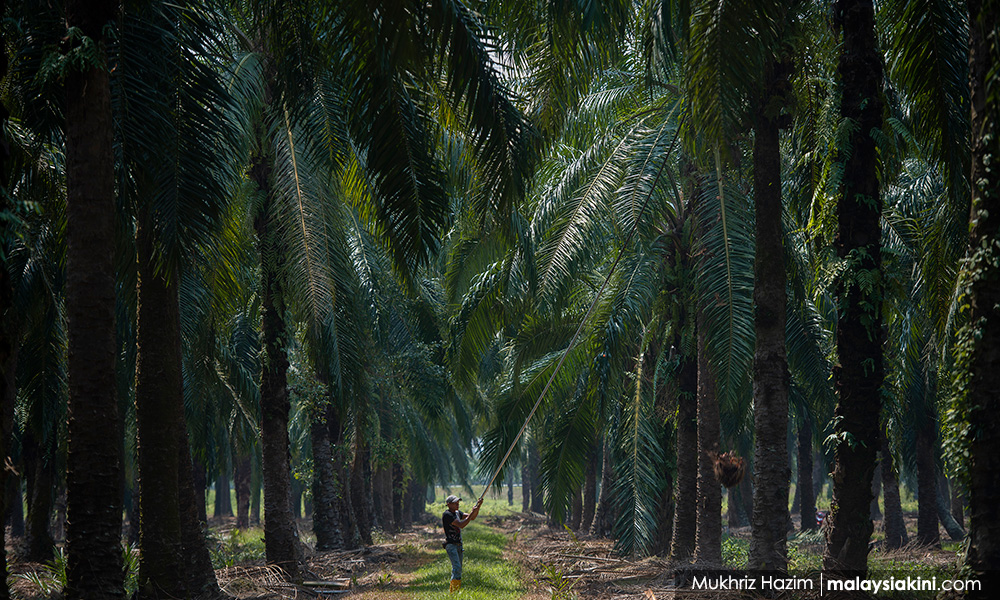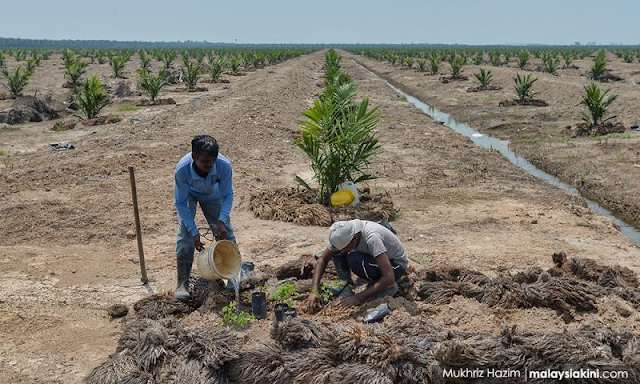The Malaysian Palm Oil Association (MPOA) is expecting about 52,000 migrant workers to arrive by the end of the year but warned that it would be too little, too late for output to rebound in the world's second-largest producer.
Malaysian plantations have been struggling to harvest palm fruit due to a labour shortage exacerbated by pandemic-related border closures. Migrant workers, mostly from Indonesia, make up around 80 percent of the workforce in Malaysian estates.
The shortage has driven production to multi-year lows as the world faces a broader edible oil shortage due to the Russia-Ukraine war and export restrictions in top producer Indonesia.
MPOA chief executive Nageeb Wahab told Reuters that the government has agreed to allow the entry of 20,000 workers whose applications were approved before borders were shut in 2020, in addition to an allocation of 32,000 workers to ease the ongoing labour crunch. Some workers are already trickling in.
"We are already in a dire situation," Nageeb said, estimating the current labour shortage at over 100,000 workers. "I reckon by July we can see big numbers (of workers) coming in."
Entry of workers
The industry was employing as many as 337,000 migrant workers in April 2020 but many returned home and new arrivals were banned because of the pandemic. Malaysia has since last month reopened borders and allowed the entry of workers.

Despite the influx of workers, Nageeb maintained his 2022 production forecast at under 19 million tonnes, compared with 18.1 million tonnes last year, due to severe losses already incurred so far this year.
The industry will still see an annual production loss of around three million tonnes or 10 percent, he added.
At Monday's benchmark crude palm oil prices, that would mean a loss of nearly RM19 billion.
"First half production is lower than the first half of last year because of the compounded problems with workers," he said.
Harvesting intervals at some plantations have extended to up to 50 days compared to a norm of 14 days earlier, Nageeb said.
- Reuters




No comments:
Post a Comment
Note: Only a member of this blog may post a comment.